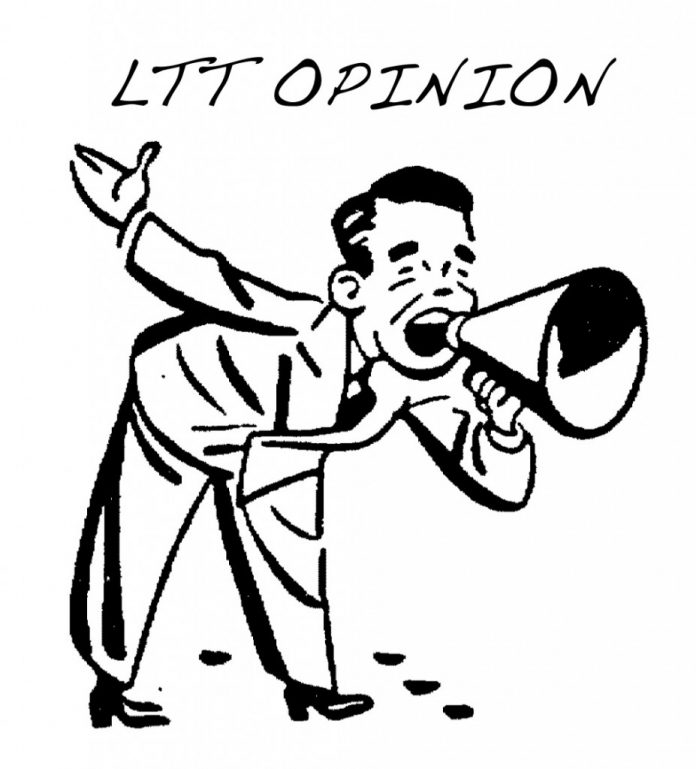Of all the characters in the Westerns of the twentieth century, none is reviled more than the snake oil salesman. While the outlaw pilfers the coffers of the rich or otherwise cash-heavy, the seamy snake oil salesman steals from the penniless, the trusting, the naïve, the desperate. The snake oil salesman capitalizes on catastrophe and calamity, offering a bewilderingly simple cure for the distress of the common man.
Today, the legacy of this traveling medicine man is carried on by American progressives and their standard bearer, President Barrack Obama.
I’d like to break form and ask the reader, before cracking this opinion piece up to a standard Obama bashing that Americans have grown accustomed to hearing from the president’s outraged detractors, to carefully consider my points. This piece does not question the president’s citizenship or patriotism, does not accuse him of treasonous activity, and does not suspect a multi-national plot behind his failed policies. Due to the high volume of such articles in the media today, I find it necessary to include the disclaimer.
In what is becoming a nearly monthly occurrence, President Obama, like a father summoning his children to hear words of wisdom, called on the nation last Thursday to hear his plans for pulling the anemic economy out of its funk. As we have come to expect from the Great Campaigner’s addresses, the rhetoric-laden speech deteriorated into a left-wing pep-rally, complete with a healthy demonizing of (you guessed it) the “millionaires and billionaires.” It also solidified Obama’s place as the composed, sweet-talking traveling salesman of today’s Washington, D.C.
A defining mark of the snake oil salesman of yore is his ability to characterize his product. Not only does the miracle oil remove unsightly boils and cure fever, it also reverses hair loss and covers wrinkles. Even the casual observer of American politics notices the president’s uncanny ability to (mis)characterize a situation. Honest Barry’s first sales pitch to the American people (all the way back in February 2009) saw the president define the economic situation as incurable by the market.
He then pitched his costly economic stimulus as the only solution, a panacea to all the problems that the big bad businessman had caused.
Obama’s speech maintained a purposeful vagueness throughout, using catch phrases like “shovel-ready projects” and “assistance for the unemployed” to sell the $787 billion proposal. What’s more, the stimulus was the only way to keep unemployment below 8% and pull the country out of recession. This is the rosy-colored lens through which the salesman would like us to see his plans: Honest Barry, the hard-nosed crusader, riding off to save the working class from the horrors of a recession, doling out cash to the needy.
Like any good traveling medicine man, the president sold the nation not with concrete facts, but with passionate emotional appeals that only a master of the English language (or master of the teleprompter) can manage.
For every traveling medicine man, however, there is a team of detractors who meet their cure-all potions with cynicism. Honest Barry, like any good snake oil salesman, has a healthy arsenal of attacks aimed at those who question his plans for government-subsidized prosperity. In the debate over Obamacare, by far the president’s defining achievement, Barrack set his phasers to kill, qualifying the debate as Republicans v. the poor, the sick, and the elderly. This distorted viewpoint helped get his flawed plan passage through the House and Senate, albeit with minimal Republican support.
These days, we see Honest Barry characterizing his right-wing opponents as stubborn distracters, impediments to true reform and lackeys for the super rich. Without mud-slinging and character attacks, a snake oil salesman would be vulnerable to real discussions over the efficacy of his products. The president understands this and makes sure that his detractors are painted in a negative light that turns any debate into the Circus Vargas, with sideshows abound.
The final defining mark of any snake oil salesman is the ability to capitalize on calamity and misfortune. By stressing the importance of buying his product immediately and presumably with little forethought from the buyer, the deceitful salesman can make a profit on impulse-buys. So has the president stressed urgency in every single proposal he has put forth. He has taken the advice of former Chief of Staff and current Chicago mayor Rahm Emmanuel in “never let[ting] a good crisis go to waste,” calling for the immediate passage of stimulus I, Obamacare, the president’s budget proposal, and, now, stimulus II.
Political pundit Mark Davis counted 19 times that Obama stressed the urgency of passing the proposal in his 45-minute address (side note: as a revenue measure, maybe the president should start selling ad space in his speeches. If he could plug Ford or Clorox or Schick razors every time he mentions the urgency of our situation, the government could be swimming in new dough). Such appeals to urgency have forced President Obama to renege on Candidate Obama’s promise to “give the public five days to look at every bill that lands on [his] desk.” In these days of emergency spending bills, such a waiting period would only hurt his cause. Like any successful snake oil salesman, the president is willing to sacrifice honest debate in the name of making a sale.
The new stimulus is not completely moot, however. Obama’s plan to cut payroll taxes will make it easier for small businesses to hire, a major step in the right direction. But the bulk of his plan, Keynesian infrastructure spending and an extension of unemployment benefits, is the latest example of progressive pandering run amok. Artificial stimulation will not revive the persistently weak economy; another 26 weeks of unemployment benefits will not help people get back to work.
Moreover, the plans fail to address the major impediments to domestic economic growth: the massive amount of American money (and jobs) that goes overseas. By cutting the corporate tax rate, the federal government could invite American corporations who have relocated to tax havens outside our borders back home, pumping much-needed capital into the famine stricken markets. On the same line of thinking, a short-term repatriation of corporate money held off shore would bring about organic growth at home. The president’s plan, like placing new tires on a rotted-out car, addresses only a small part of the problem. At $447 billion, the plan is simply too expensive to solve only a portion of the problem.
I believe one major difference separates the president and the snake-oil salesman of old. While the traveling medicine man knew in good conscience that he was swindling the people that he did business with, the president doesn’t knowingly propose ineffective plans. The end effect, though, is the same: money wasted on a useless product. Honest Barry just has a whole lot more money to swindle.






